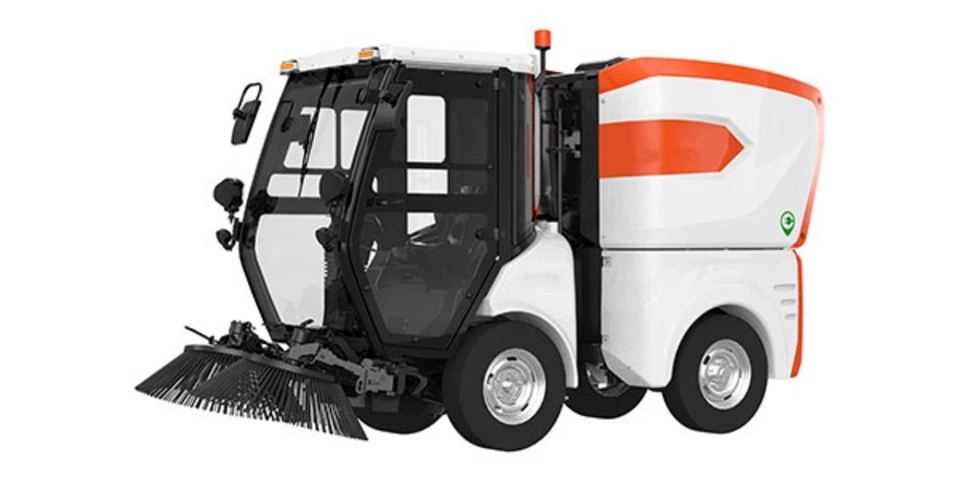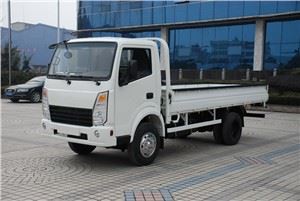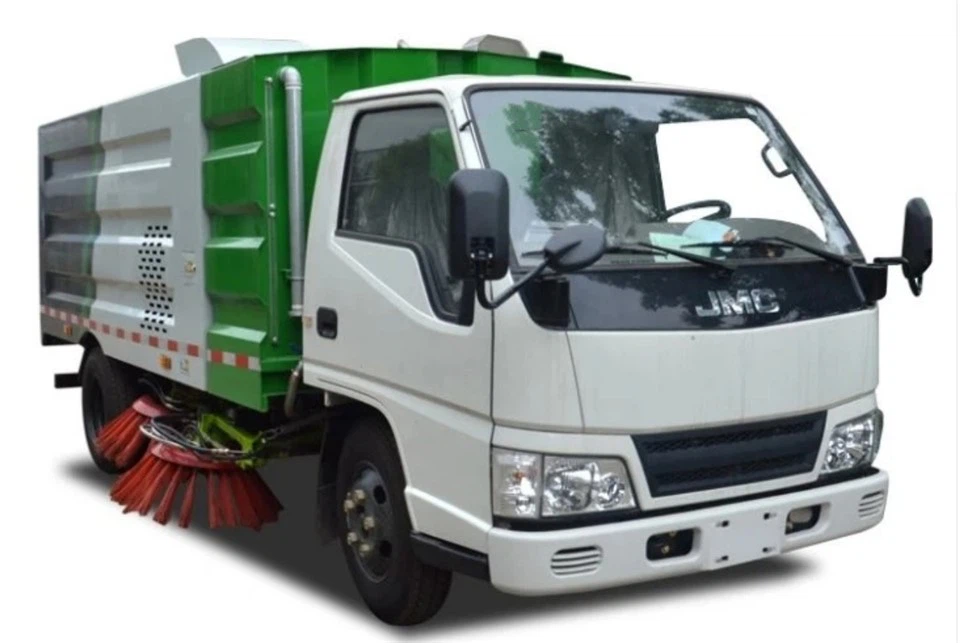Vacuum Pump Truck for Sale: Your Comprehensive Buying Guide

If you’re in the market for a vacuum pump truck, understanding the options available can be daunting. Vacuum pump trucks are versatile vehicles that are used in various industries, from waste management to construction. This guide will help you navigate through everything you need to know about vacuum pump trucks for sale, covering aspects such as types, features, buying considerations, pricing, and much more.
What Is a Vacuum Pump Truck?
A vacuum pump truck is a specialized vehicle equipped with a high-powered pump. It is designed to suction liquid waste, sludge, or other materials from various locations. These trucks are essential for tasks such as sewage removal, industrial cleanup, and even oil spill response. The primary purpose of these trucks is to maintain hygiene and safety in waste management, making them crucial in many settings.
Types of Vacuum Pump Trucks
1. Combination Vacuum Trucks
Combination vacuum trucks are equipped with both vacuum and jetting capabilities. They can suck up waste materials while also using water jets to break up tough blockages. This dual function makes them highly versatile for various applications.
2. Liquid Waste Vacuum Trucks
These trucks are primarily designed to handle liquid waste. They usually have specialized tanks and pumps to efficiently manage sewerage, septic, and other fluid waste. Liquid waste vacuum trucks are commonly used in municipal applications and industrial sectors.
3. Industrial Vacuum Trucks
Industrial vacuum trucks are built for heavy-duty applications. They can handle larger volumes of waste and are often equipped with more powerful pumps. These trucks are ideal for construction sites and factories where industrial waste is prevalent.
4. Portable Vacuum Trucks
Portable vacuum trucks are smaller and more maneuverable. They are ideal for situations where access to a full-sized vacuum truck might be challenging. These trucks are often utilized in residential areas for septic tank pumping or small-scale waste removal.
Key Features to Look for in a Vacuum Pump Truck
1. Pump Capacity
The pump’s capacity is crucial in determining how much waste can be removed in a single operation. Most vacuum pumps can handle anywhere from 500 to 3,000 gallons per minute (GPM). Select a truck with a pump capacity that fits your specific needs.
2. Tank Size
The size of the vacuum tank directly affects how much waste you can carry. Typical tank sizes range from 500 to 3,000 gallons. Larger tanks mean fewer trips to dump waste, but they can also affect the truck’s maneuverability.
3. Hose Length and Diameter
Longer hoses allow for more flexibility when accessing hard-to-reach areas. Consider the hose length and diameter—larger diameters allow for quicker suction but can be heavier and harder to maneuver.
4. Engine Power
The power of the truck’s engine is essential for effective waste removal. Vacuum pump trucks usually have engines ranging from 200 to 600 horsepower, allowing them to handle various conditions and terrains.
5. Build Quality
The build quality of the vacuum truck is vital for durability. Look for trucks with corrosion-resistant tanks and robust components that can withstand heavy use.
Buying Considerations for Vacuum Pump Trucks
1. New vs. Used
Purchasing a new vacuum pump truck often means better warranties and the latest technology, but it comes at a higher cost. Used trucks can be more affordable, but it’s crucial to evaluate their condition carefully. Inspect the truck thoroughly and check for service records.
2. Budgeting and Financing
Vacuum pump trucks can range from $25,000 to over $100,000, depending on the make, model, and features. Setting a clear budget will help you narrow down your options. Explore financing options to help manage your investment effectively.
3. Manufacturer Reputation
Choose manufacturers with a good reputation in the industry. Research customer reviews and seek recommendations to ensure you’re buying a reliable vehicle.
4. Maintenance and Support
Before purchasing, check the availability of parts and service. Reliable maintenance support can save you time and money in the long run.
Where to Find Vacuum Pump Trucks for Sale
1. Online Marketplaces
Websites like eBay, TruckPaper, and CommercialTruckTrader have extensive listings of vacuum pump trucks. Use filters to refine your search based on specifications and price.
2. Local Dealerships
Visit local heavy equipment dealerships that specialize in trucks. They often provide options for new and used vehicles and may offer warranties or financing options.
3. Auctions
Auction sites can provide excellent deals on used vacuum pump trucks. However, make sure to do thorough research and inspection before bidding.
Cost Breakdown and Affordability
| Truck Type | Price Range | Typical Capacity |
|---|---|---|
| Combination Vacuum Truck | $50,000 – $150,000 | 500 – 3,000 gallons |
| Liquid Waste Truck | $30,000 – $100,000 | 500 – 2,500 gallons |
| Industrial Vacuum Truck | $80,000 – $250,000 | 1,000 – 3,000 gallons |
| Portable Vacuum Truck | $25,000 – $75,000 | 300 – 1,500 gallons |
Practical Examples of Vacuum Pump Truck Applications
1. Municipal Waste Management
Cities often use vacuum pump trucks for sewage collection and stormwater management. These trucks are essential for maintaining public health and ensuring that waste is properly disposed of.
2. Industrial Cleanup
Manufacturing plants frequently use vacuum pump trucks to clean up spills and manage sludge. These applications require powerful trucks capable of handling dense materials safely and efficiently.
3. Septic Tank Services
Homeowners often rely on septic tank pumping services using vacuum pump trucks. Regular maintenance keeps septic systems functioning properly and avoids costly repairs.
4. Oil Spill Response
In the event of an oil spill, specialized vacuum pump trucks are deployed to quickly remove contaminated materials and restore the environment.
Maintenance Tips for Vacuum Pump Trucks
1. Regular Inspections
Conduct regular inspections to identify any leaks, wear, or mechanical issues. Catching problems early can save on costly repairs later.
2. Fluid Levels
Check fluid levels regularly, including engine oil and hydraulic fluids, to ensure optimal performance.
3. Cleaning
After each job, clean the pump and tank to prevent buildup and odors. Regular cleaning extends the life of your equipment.
4. Follow Manufacturer Guidelines
Always refer to the manufacturer’s maintenance manual. Following recommended schedules can ensure reliability and longevity.

Frequently Asked Questions
1. How much does a vacuum pump truck typically cost?
Prices can range widely from $25,000 to over $250,000, depending on the type, size, and condition of the truck.
2. What kind of maintenance do vacuum pump trucks require?
Regular maintenance includes inspecting for leaks, checking fluid levels, and cleaning the pump and tank after each use.
3. Can I finance a vacuum pump truck?
Yes, many dealerships and financial institutions offer financing options to help manage the cost of purchasing a vacuum pump truck.
4. Are used vacuum pump trucks a good investment?

Used vacuum pump trucks can be economical, but it’s essential to evaluate their condition and service history before making a purchase.

5. What industries use vacuum pump trucks?
Vacuum pump trucks are commonly used in waste management, industrial cleanup, construction, and environmental response situations.
6. How can I ensure I’m getting a quality vacuum pump truck?
Research the manufacturer, check customer reviews, inspect the truck thoroughly, and consider warranties or maintenance plans before purchasing.
